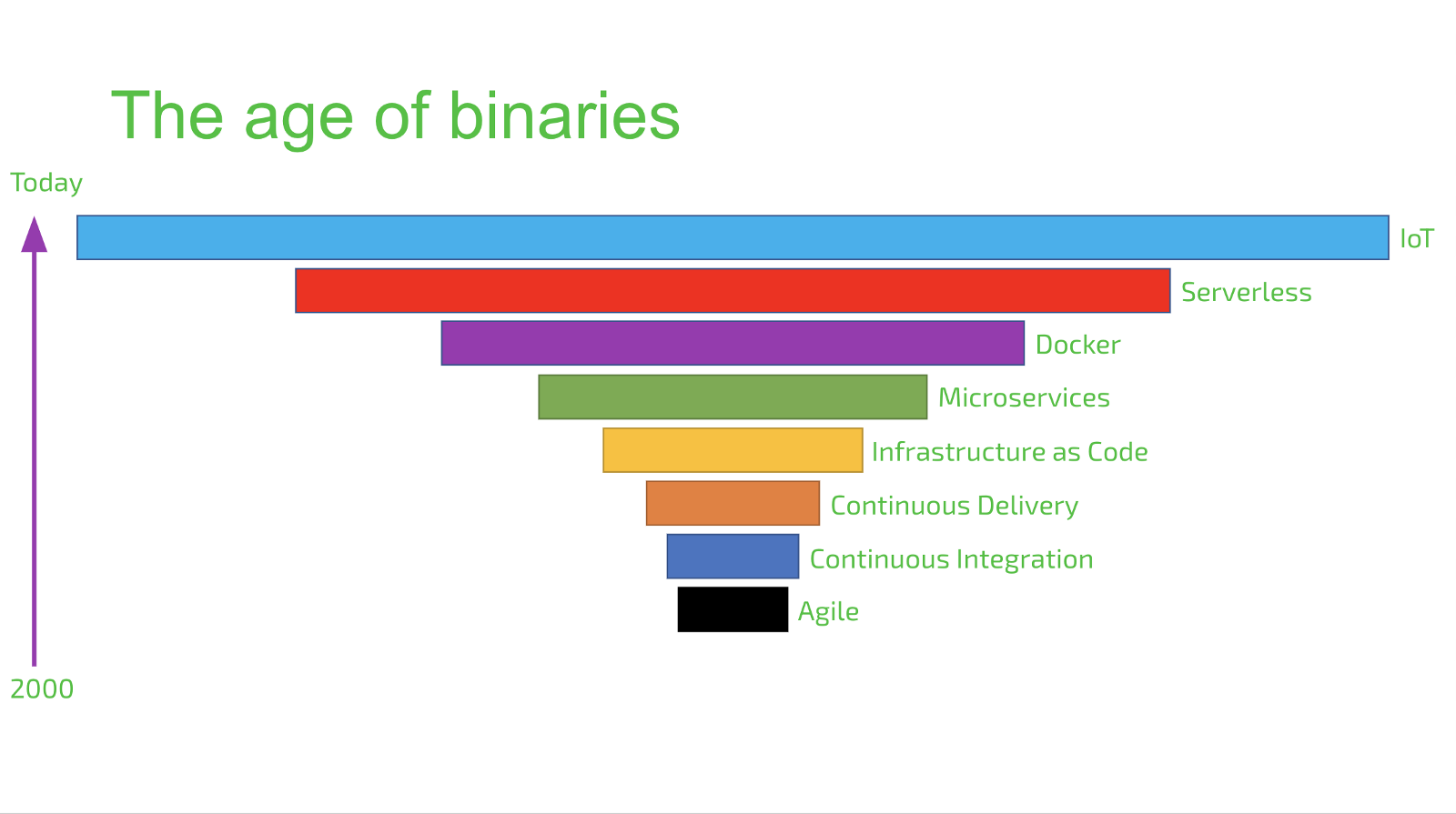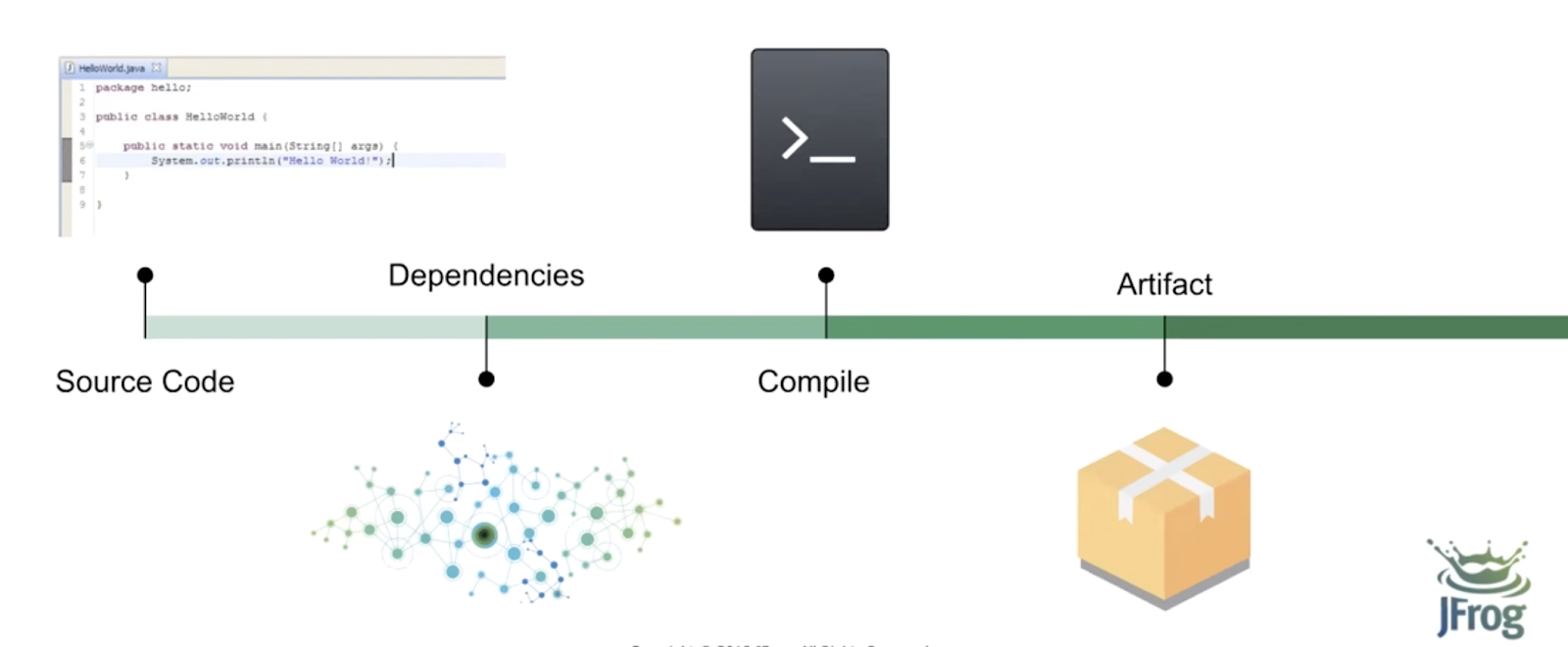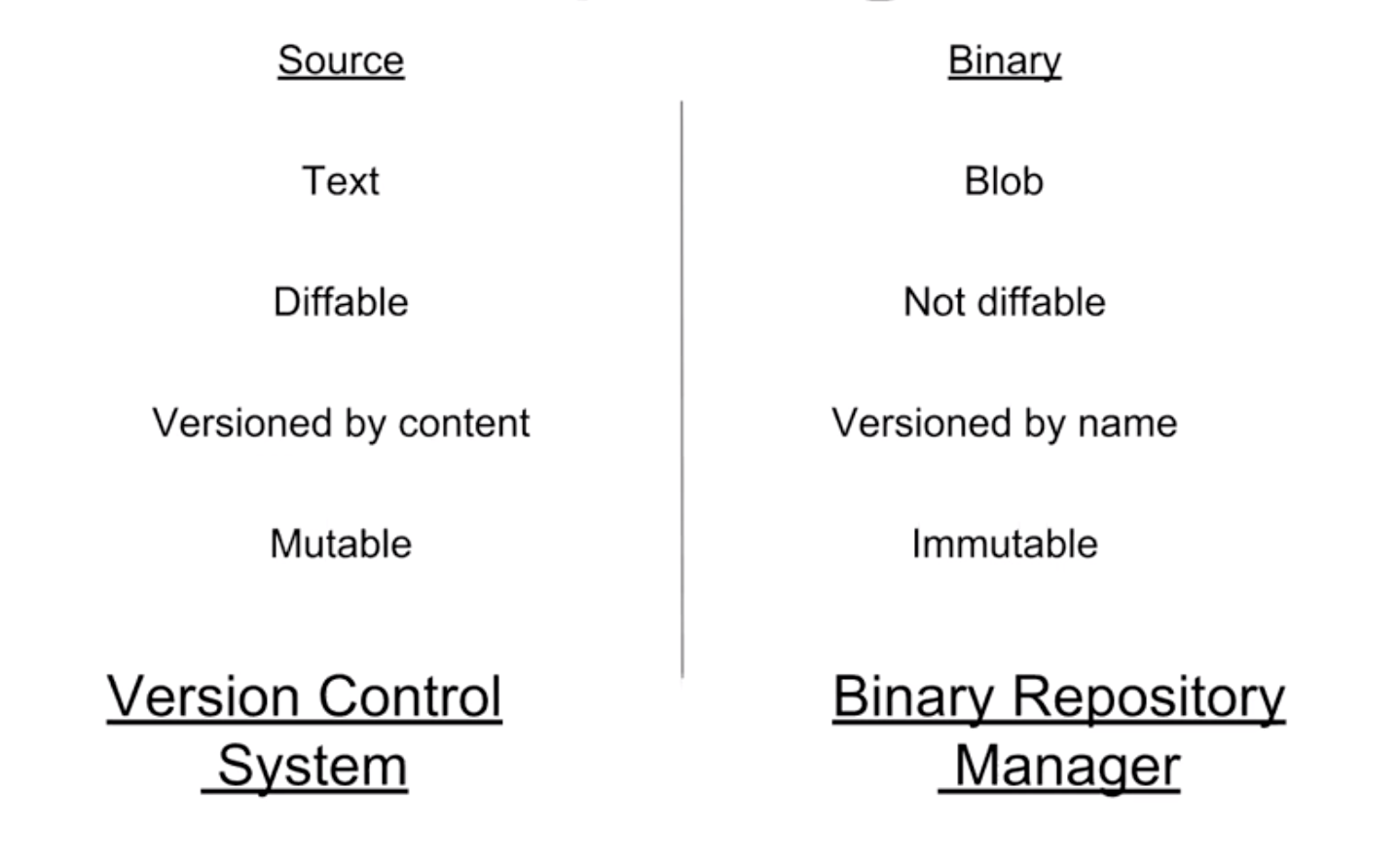No matter which industry you belong to, the need today is ‘automation’. Companies are heavily investing in developer tools to automate many repetitive tasks and when it comes to DevOps, that is the theme, ZERO-TOUCH automation. In the software development world, the build artifacts play a vital role and can be automated down the line so that the company can have an added advantage to release the software fast. In this regard, today, we are going to see why and how a binary repository manager can help companies to release fast and win customer expectations.

The explosion of binaries happened over time. Every company is a software company, with the ever-growing technology stack and advancements, binaries will also grow for various business needs. Hence, binaries are very important in the software development life cycle. It all started with the evolutionary software methodologies like Agile, CI/CD practice, DevOps approach along with Microservices and tools like Docker and Kubernetes where the build artifacts played a vital role for developers. Most of the time, the focus was, how the software is produced, and how it is handled way further in the development cycle.
What Is a Binary Repository Manager?
A collection of binary software artifacts and metadata stored in a way that can be used by clients, package managers, and CI servers to retrieve/store binaries during the development and build process.
Whether you’re an ambitious startup or a software giant, the same rules apply — release fast or die. Every company is looking for faster updates, faster features, faster security fixes, etc. — Easier said than done when you’re developing the world’s most complex code across a variety of languages, with teams and contractors scattered across the globe. That’s why companies we all rely on, like Verizon, Cisco, Google, Netflix, Amazon, and Twitter rely on JFrog Artifactory, the world’s first and only universal artifacts repository.

But you don’t have to be Amazon or Google to understand that when development teams get larger and more dispersed, sharing libraries and third-party components can start to get messy. Without a universal repository, chaos is just waiting to happen. Everyone picks their own versions; they use artifacts from different sources, testing problems arise, and pretty soon, all hell breaks loose, slowing down your next release.
You might ask, is not version control system not enough for this? The answer is a big No.
You know why? The difference table below should help you self understand.

Why Artifactory?
JFrog Artifactory brings much-needed order by centralizing the way binaries are controlled, stored, and managed throughout your software release cycle. And because it’s universal, it’s easy to integrate fully with widely used build tools, coding languages, and technologies. Artifactory offers high availability and multi push replication and tags libraries with searchable metadata so you can extract powerful insights that increase product speed, security, and quality. And Artifactory now comes built-in with Mission Control, offering real-time centralized control of all your artifactory instances anywhere in the world.
Want to release even faster? Simply integrate Artifactory with JFrog Bintray, the world’s only universal distribution platform, and you can develop distribute and scale up faster than ever before in any language with full automation.
#devops #jfrog #binary repository #verison control
